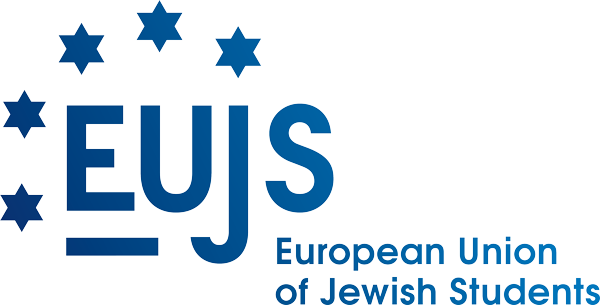Preamble
European Jewish students, like the wider Jewish community, boast a rich tapestry of history and diverse cultural heritages from different parts of the world. However, since most Jews in Europe are Ashkenazi, their practices tend to dominate the European Jewish spaces. On the other hand, Sephardi and Mizrahi Jews form a minority within the community, and their practices are often underrepresented, resulting in limited awareness of their history, experiences, and significant cultural contributions to Jewish Europe.
The Sephardi Jews trace their roots back to the Iberian Peninsula, where they flourished for centuries. Their rich intellectual, artistic, and scholarly contributions shaped the course of Jewish and European history. However, the Sephardi Jews faced the brutal realities of the Spanish Inquisition and subsequent expulsions, leading to dispersion across the Mediterranean and beyond, leaving an indelible mark on their communities and practices. Similarly, the Mizrahi Jews hail from the Middle East and North Africa, cultivating vibrant traditions and fostering connections with their ancestral homelands for millennia. Despite thriving in these regions, their history also encompasses periods of hardship and displacement, including the massive waves of migration to Europe in the mid-20th century due to political upheavals in their home countries.
EUJS, as an organisation representing Jewish students in Europe, acknowledges the need for visibility of Sephardi and Mizrahi history, experience, and practice within young European spaces. It is our duty to ensure that their voices and narratives are fully recognized and celebrated within our spaces. To achieve this, EUJS aims to raise awareness about the distinct experiences, customs, and struggles faced by Sephardi and Mizrahi Jews. We must promote understanding and respect for their unique identities, which have shaped and continue to shape the broader Jewish diaspora. By fostering visibility and inclusivity for Sephardi and Mizrahi Jews, EUJS seeks to raise awareness, eliminate exclusionary practices and create a more equitable and representative organisation. Through open dialogue, educational initiatives, and collaborative efforts, we can build a stronger EUJS that genuinely reflects the diversity of Jewish communities in Europe.
EUJS notes that:
- The Jewish community is diverse, consisting of individuals from different ethnocultural and geographical backgrounds, each with their own unique experiences and perspectives.
- As minority groups within Jewish Europe, there is a need for greater recognition and understanding of the Sephardi and Mizrahi Jewish experience within EUJS spaces to ensure that all voices are heard and respected.
- By fostering visibility and inclusivity for Sephardi and Mizrahi Jews, EUJS would be able to properly represent its 160.000 young Jews from 36 European countries, becoming a more inclusive organisation that acknowledges the varied experiences and practices within the Jewish community.
EUJS believes that:
- Every Jewish student, regardless of their ethnocultural and geographical background, should feel represented within EUJS spaces.
- Recognizing and embracing our different Jewish practices and experiences strengthens the organisation’s ability to advocate for the rights and interests of all Jewish students.
- By actively promoting visibility and inclusivity for Sephardi and Mizrahi Jews, EUJS can foster a sense of belonging and create opportunities for intercultural dialogue and understanding.
EUJS resolves to:
- Develop and implement educational programs and resources that promote awareness and understanding of the diverse Jewish backgrounds and heritages within EUJS spaces.
- Organise events, workshops, and discussions that provide a platform for members to share their heritages, customs, practices, experiences and perspectives, fostering dialogue and empathy.
- Collaborate with unions to create joint initiatives aimed at promoting visibility and inclusivity for Sephardi and Mizrahi history, experience and practice.
- Offer multiple minyanim and services to meet participants’ demand.
- Review and update EUJS’s internal policies and procedures to ensure they are inclusive and respectful of diverse Jewish identities.
- Provide training and support to unions to enhance their understanding of Sephardi and Mizrahi history, experience, and practice as well as encourage inclusive practices.
- Actively seek feedback from member unions to ensure that their voices and concerns are heard and addressed within EUJS spaces.
- Develop partnerships with organisations working to promote Sephardi, Mizrahi and other marginalised voices within the European Jewish community.
- Regularly assess and evaluate the progress made in fostering visibility and inclusivity for Sephardi and Mizrahi Jews within EUJS spaces, making adjustments and improvements as necessary.






















